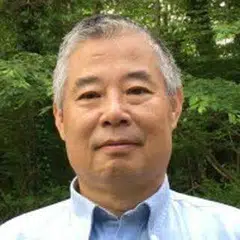
Han Dongping
Professor, Warren Wilson College
Han Dongping is currently a political science professor at Warren Wilson College, USA. He teaches East Asian history, international politics of the Pacific, comparative government of the Global South, politics of developing states, Chinese government and politics, agriculture, community and the environment and the Chinese Cultural Revolution. His major works include: China through the eyes of an overseas Chinese (Chinese Social Science Press, 2019), "China's rural reform and its impact on China's food security" (Journal of Labor and Society, 2018), "Human Rights in a Realist World - A Review of Sino-U.S. Confrontation over Human Rights" (The Oriental Anthropologist, 2004) and "Impact of the Cultural Revolution on Rural Education and Economic Development" (Modern China, January 2001). He also wrote numerous commentaries for China Daily and other Chinese newspapers in both English and Chinese. He was guest professor at Hebei University, Wenzhou University, and Nanchang University.